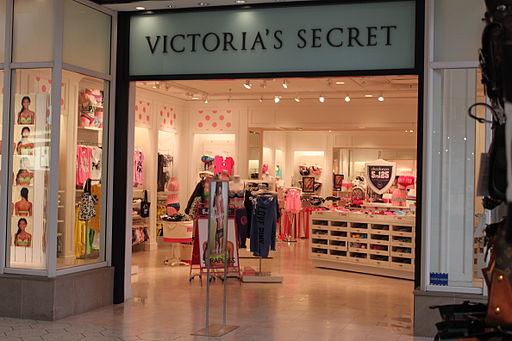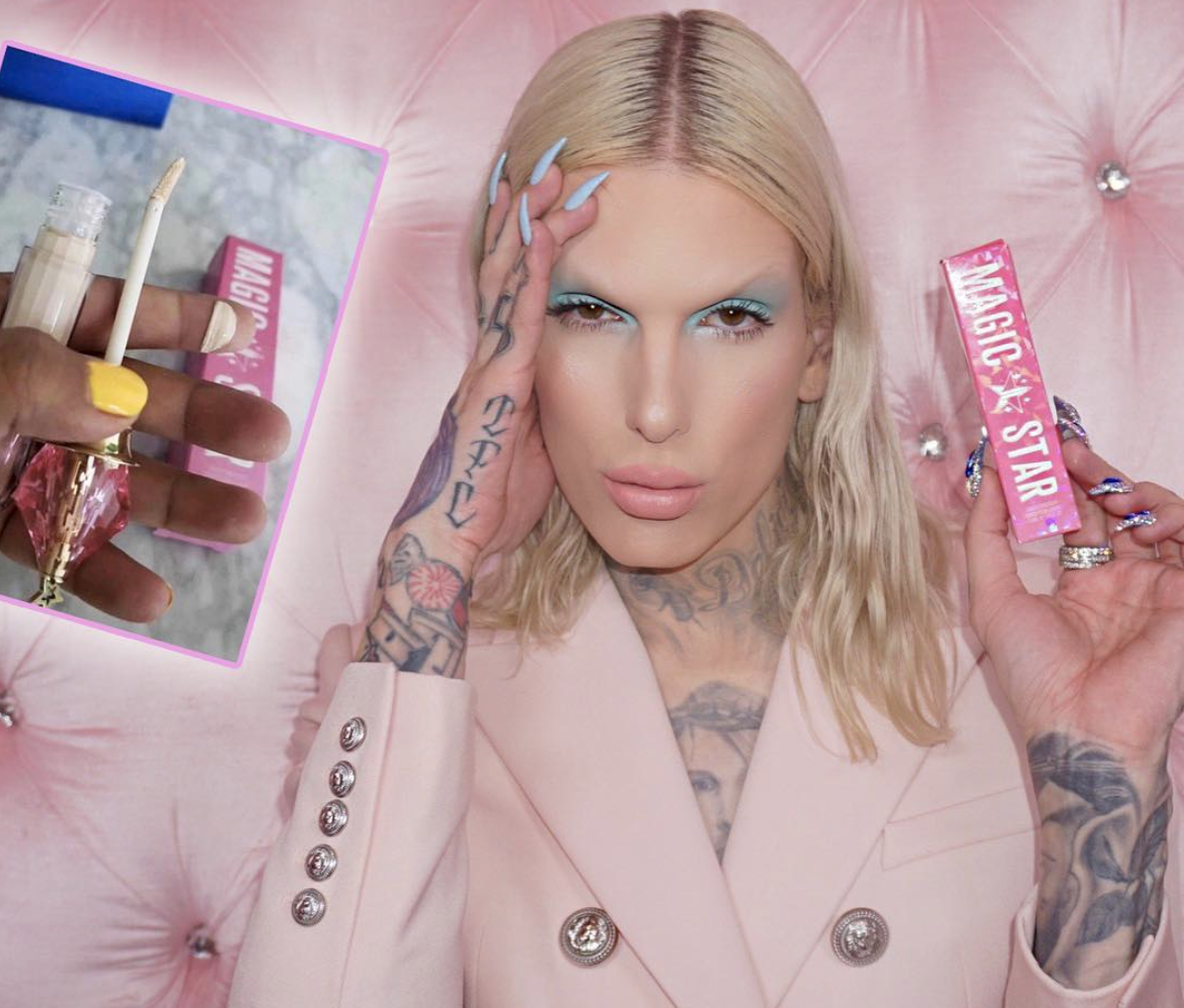Analysis: Why Victoria’s Secret is Failing in 2018
It’s no secret that Victoria’s Secret has built quite the empire on bras and bikinis, but is their reign as the ‘best’ lingerie store coming to an end?
The company hasn’t been doing too well since springtime this year, with market shares at an all-time low and customer traffic slower than rush hour in Manhattan. Bloomberg reported in May that shares for Victoria’s Secret’s parent company L Brands Inc. are down 44 percent, deteriorating the company’s market value by 65 percent since 2015. And despite slashed prices the usually successful semi-annual sale, the company still saw declining traffic and profits last month.
How does a company that once dominated women’s lingerie and fashion industries fall so behind? By continuing to use the same advertising and marketing strategies that worked in the 80’s, but no longer work now. Victoria’s Secret was really cultivated and made into what it is by Leslie Wexler, who profited immensely off of the hole in the intimate-apparel market during the sexual revolution of the 80’s: Wexler’s vision of pink satin and lace, feminine light fixtures, and luxurious perfume bottles and intimates are all seen as iconic parts of the Victoria’s Secret shopping experience. The catalog of the store’s products became a household staple that encouraged women and men to evoke glamour into their every-day lives, and remove the taboo of shopping for lingerie that instead made women feel confident and attractive.
As society became more open to ideas previously considered deviant and perverted, Victoria’s Secrets ads reflected this shifting framework. Business Insider provides a timeline of the company’s television commercials that show models becoming increasingly scantily clad with racier poses through the years. In 2016, the backlash on Facebook from one of Victoria’s Secret’s holiday promotions had customers claiming that the photo was borderline pornographic, seemingly targeted towards men.
In the midst of the #MeToo Movement, Victoria’s Secret has found themselves unable to adapt to shifting perceptions of beauty standards and sex appeal. According to YouGov researcher Paul Heibert, the ratings for the annual Victoria’s Secret fashion show fell by 30 percent, which aired only a month after the surfacing of the Harvey Weinstein sexual abuse allegations. YouGov further reports that Victoria’s Secret ‘buzz score,’ “which measures whether consumers are hearing positive or negative things about a particular brand through news, advertising, or friends and family,” had dropped from 31 in 2016 to 23 in 2018 for women aged 18-49.
“The way we even talk about sexiness has shifted now — the idea is sexiness isn’t something reliant on being a glamazon or having long hair, there’s lots of different kinds of sexy,” said Cora Harrington, editor of the Lingerie Addict blog. “The one vision Victoria’s Secret has of sexy is out of place.” Customers who don’t fit the store’s beauty standards of skinny glamour are often met with negative customer service from Victoria’s Secret store associates. MSN detailed one customer’s poor review on Victoria’s Secret’s Facebook page: “Just wanted to let you know Victoria, that you REAL secret is out: Your stores are understaffed, your lingerie is being ever more shoddily made, and your sales associates vacillate between disinterested, openly hostile, and completely inept.”
Aerie, one company at the forefront of the Body Positivity movement, started their #AerieREAL campaign in 2014 to include unretouched photos of models in their ads. The brand has also recently pushed to have more diverse models, featuring women with insulin pumps, Down Syndrome, and Vitiligo, among other conditions and disabilities. Perhaps it’s no coincidence that Aerie reported a 38% increase in comparable sales in their first quarter report of 2018.


Many long-standing businesses have had to adapt to the shifting social norms to remain relevant in today’s market. Although it’s still the dominant lingerie retailer in America, Victoria’s Secret and consumers could both benefit greatly if the brand could learn to include more diverse models and break free from their outdated perception of beauty.





Comments are closed.